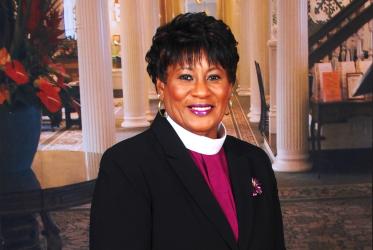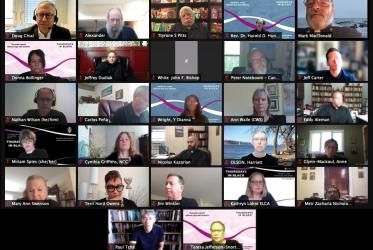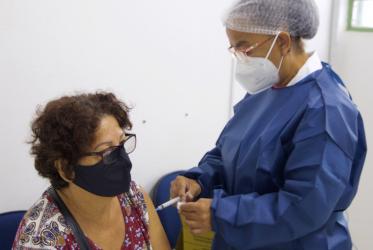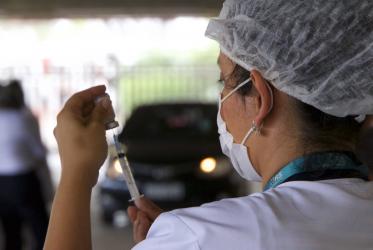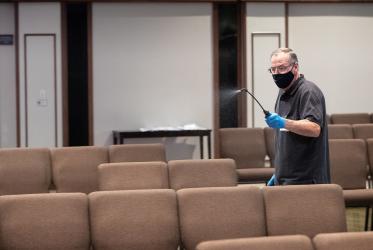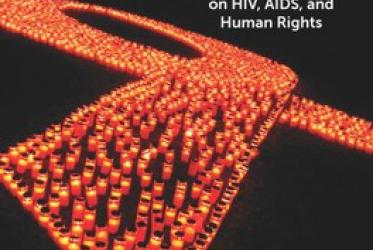Displaying 1 - 20 of 28
Bible study addresses church identity in pandemic
17 September 2020
Turning mercy and compassion into action
04 March 2019
Momentum grows for health-promoting churches
07 December 2018
WCC developing toolkit for health-promoting churches
02 August 2018
UN discussion focuses on women, HIV and property rights
21 March 2017
WCC book featured in UN discussion on gender, religions and health
16 September 2016

